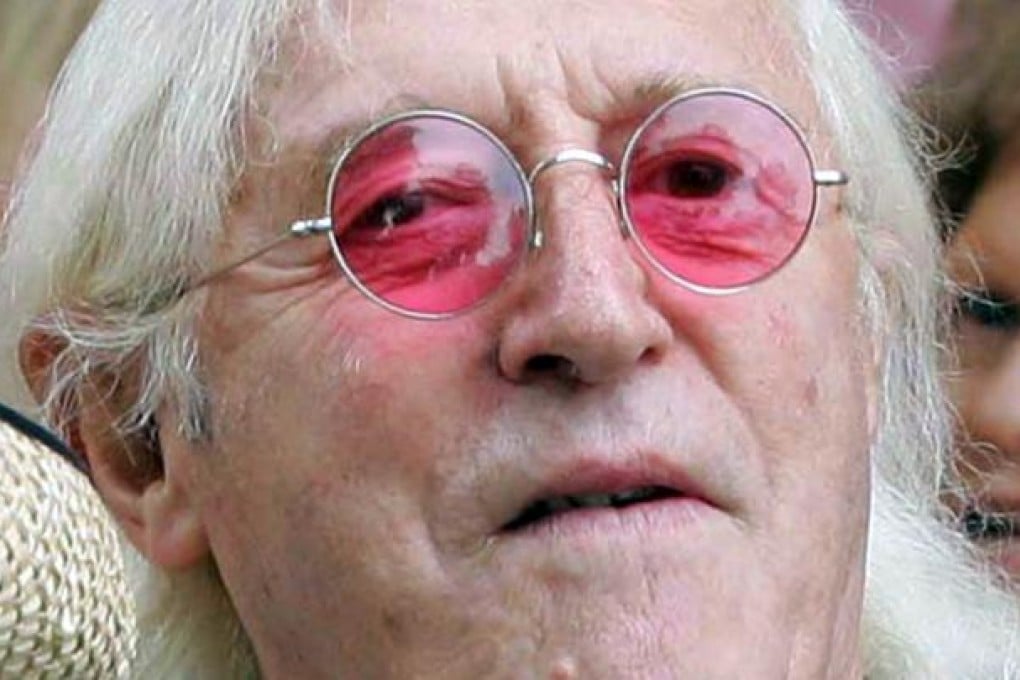Report slams BBC's handling of Jimmy Savile child sex allegations
Broadcaster's handling of child sex abuse charges criticised but it is cleared of a cover-up

An official report has strongly criticised the BBC's handling of allegations of child sex abuse against late presenter Jimmy Savile but cleared the corporation of a cover-up.
The report sparked the resignation of the BBC's deputy director of news, Stephen Mitchell, and led to the editor and deputy editor of the programme at the centre of the scandal being replaced.
Savile, who died last year at the age of 84, was one of the BBC's top television and radio presenters. The allegations against him plunged the corporation into crisis and cost its director-general, George Entwistle, his job.
Since a programme by rival broadcaster ITV two months ago in which several women went public with claims against Savile, police have identified 199 crimes in which he is a suspect, including 31 alleged rapes.
The BBC's flagship current affairs programme Newsnight began investigating the allegations soon after Savile's death but dropped the story after a few weeks.
The investigation was commissioned by the BBC but led by an outsider, former Sky News executive Nick Pollard.